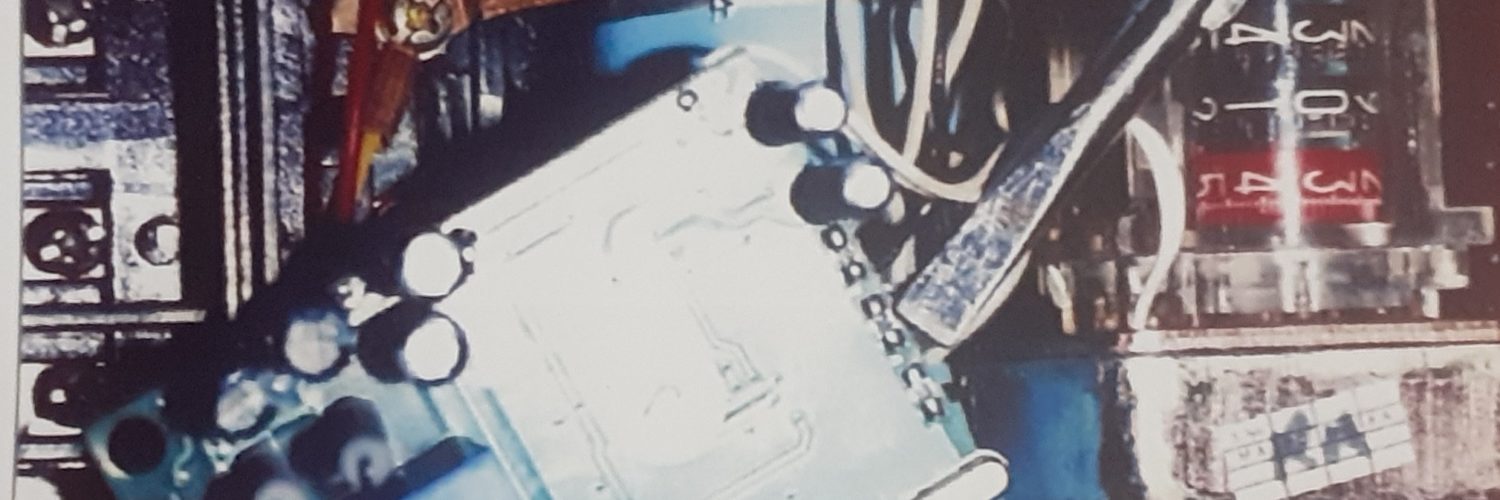Theft of electricity is a social evil. Countries all over the world are experiencing the consequences of its related issues, such as increased tariffs, safety concerns, as well as poor power supply, among other things. At least ten crimes related to electricity theft, also known as power theft, were recorded in England and Wales each day, a significant increase from the previous year.
According to the data analysis, power theft is performed to operate heaters in order to escape the harsh winter weather conditions, as one-third of the crime is reported from January to March when winter is at its peak.
As the average middle-class family’s monthly energy bill exceeds £4000, those who cannot afford such a bill may resort to illegal activities. This increase in the cost of electricity has also increased the cost of living. Few consumers have faced high energy costs by controlling their daily electricity use and resorting to other cost-effective methods of use, but as is customary, the perpetrators find a way to get around the problem of high electricity bills by using illegal methods that cause the energy meter to record less than what they consumed. It is astounding that consumers have resorted to numerous methods of avoiding proper electricity metering ranging from crude to high-tech forms.
In England, power theft is a criminal offence. However, due to the various procedures involved, the number of cases convicted by the court is limited. It is unbelievable that almost 90% of dishonest consumers escape prosecution due to flaws in the investigation, preservation of evidence, and proper presentation of the case before the legal forum. This demonstrates the unprofessional approach of anti-power theft activities in particular, and the utility as a whole, to reducing the threat of power ft. If the underlying cause of poor performance in power theft activities in England and Wales is not addressed, the prospect of controlling power theft will remain a pipe dream. This may eventually lead to an increase in tariffs. Furthermore, the power utilities dupe the consumers who pay them regularly.
National Energy Action (NEA) – the national fuel poverty organisation working to ensure that everyone in England, Wales, and Northern Ireland is warm and safe at home – has taken the issue seriously and noted that it must be addressed on a broad scale, lest it poses a threat to the energy scenario. Their observations indicate that the country will one day cry for power theft. Former chancellor Rishi Sunak, Governor of the Bank of England Andrew Bailey, and Peter Smith, NEA director of policy and advocacy, have all expressed concern about the rising cost of living and concerned about issue.
As an engineer who has spent three decades actively involved in the detection, policy formulation, drafting regulations to control power theft and irregularities, training head, and so on in India, where power theft was once a way of life, I believe that power utilities in England and Wales should conduct surprise inspections with the message that no one will be spared. The low conviction rate is a threat to anti-power theft operations in England, and a complete shift in strategy would bring the situation under control.
#electrictytheft #powertheft #england #rishisunak #andrewbailey #petersmith #nationalenergyaction #nea #bankofengland #northernireland #safety












Add comment